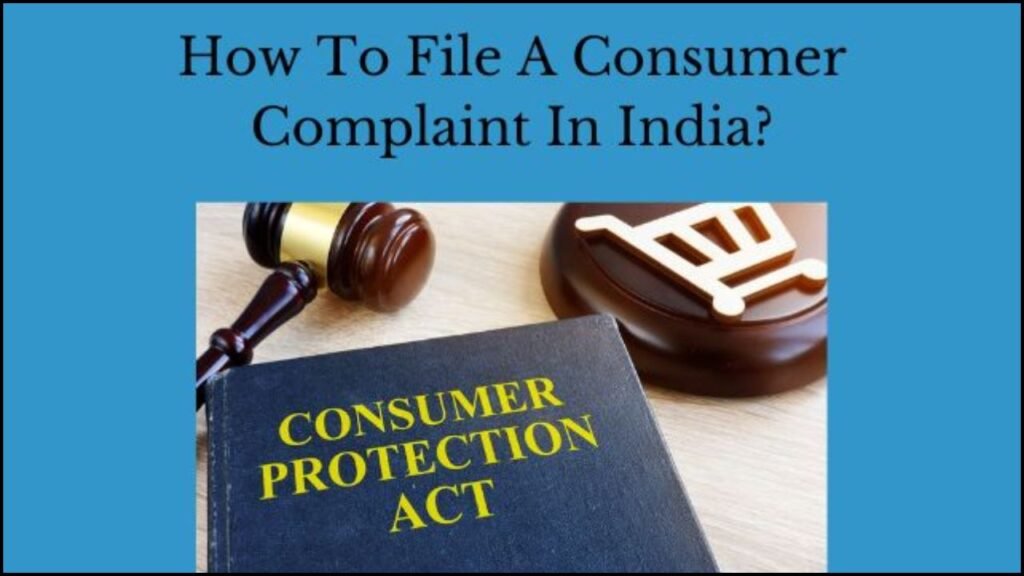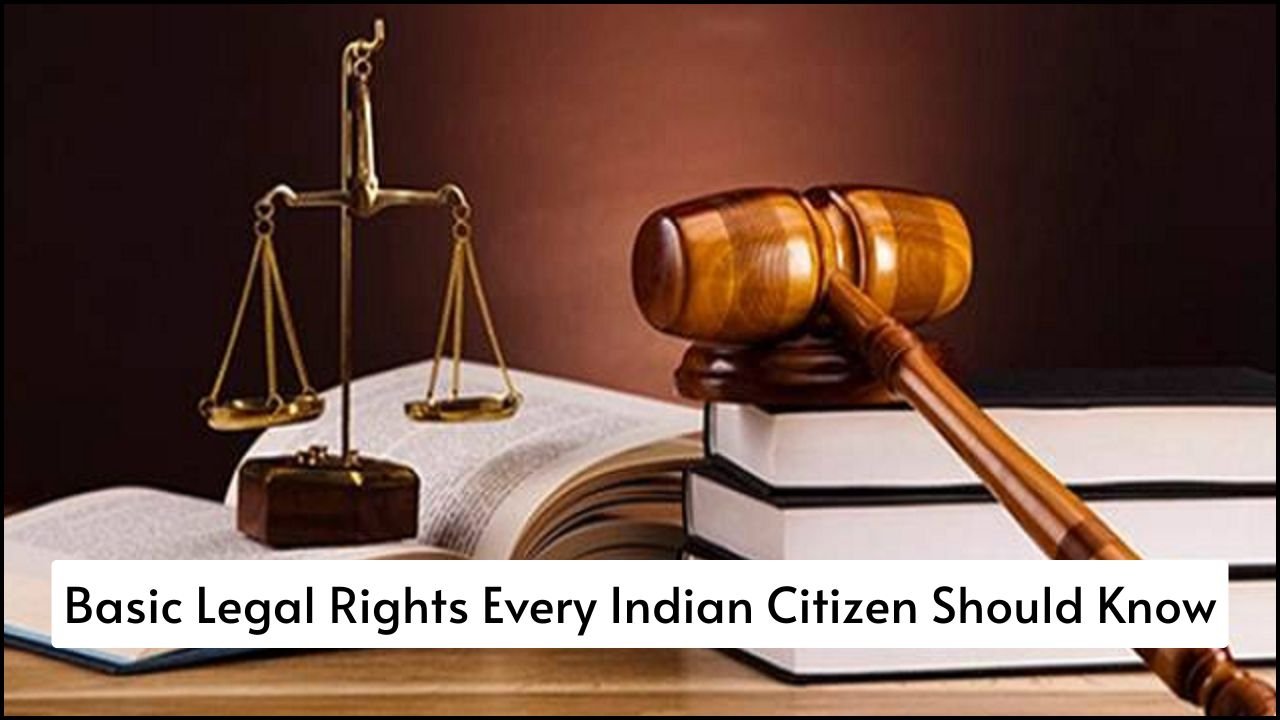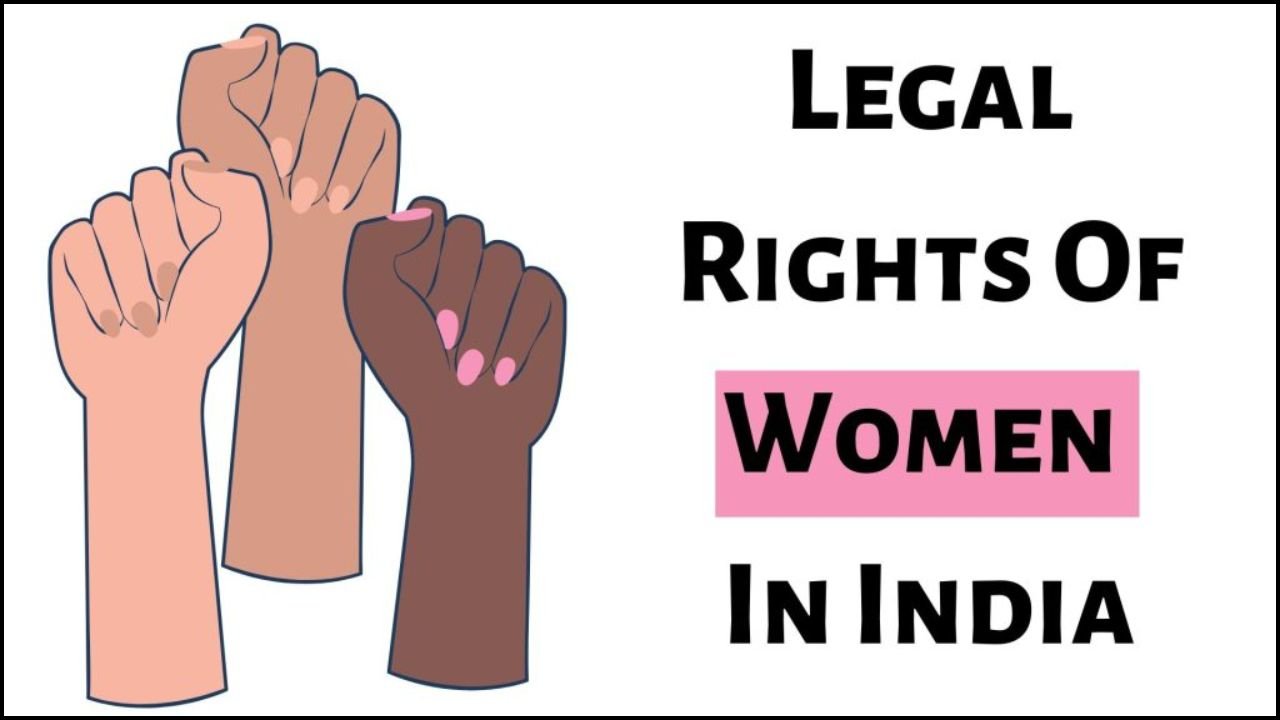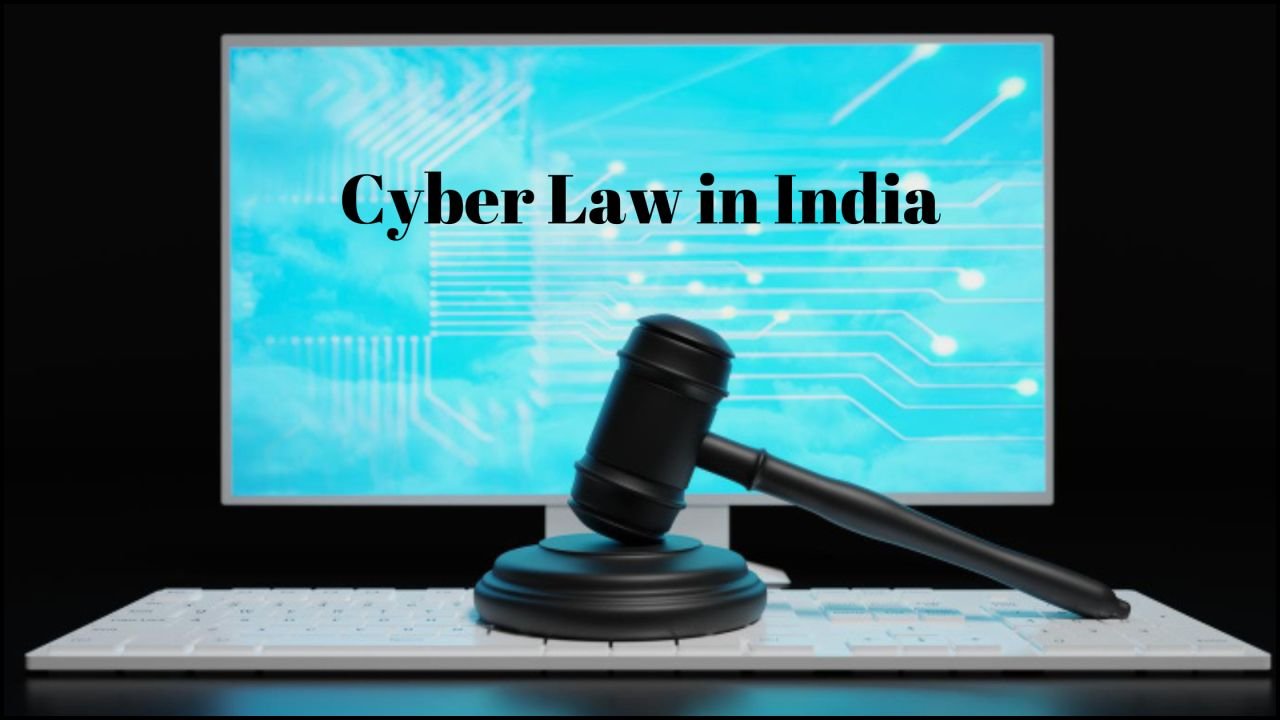
In today’s marketplace, consumers frequently encounter issues ranging from defective products to poor service quality and unfair trade practices. The Consumer Protection Act, 2019, provides robust legal protection and clear pathways for seeking redress when businesses fail to meet their obligations. Understanding how to navigate this system effectively empowers consumers to protect their interests and obtain fair compensation for grievances.
Every purchase or service transaction carries the potential for disputes. Whether it’s a smartphone that malfunctions within warranty, contaminated food from a restaurant, undelivered online orders, or hidden charges from service providers, consumer complaints are inevitable in modern commerce. The key lies in knowing your rights and understanding the proper channels for seeking resolution.
Table of Contents
Understanding Your Consumer Rights
The Consumer Protection Act recognizes six fundamental rights that form the foundation of consumer protection in India. The Right to Safety protects consumers from hazardous goods and services, ensuring manufacturers meet safety standards. The Right to Information guarantees accurate details about quality, quantity, and pricing, preventing misleading advertising and hidden terms.
The Right to Choose ensures access to competitive products and services without monopolistic restrictions. The Right to be Heard empowers consumers to voice concerns in appropriate forums. The Right to Seek Redressal enables compensation for unfair practices, while the Right to Consumer Education promotes awareness about rights and responsibilities.
Types of Consumer Complaints
Understanding what constitutes valid consumer complaints helps determine appropriate remedies and forums for resolution.
| Complaint Category | Description | Common Examples |
|---|---|---|
| Defective Goods | Products failing to function as intended | Faulty electronics, damaged items, expired products |
| Deficient Services | Services falling short of promised standards | Poor delivery, inadequate repairs, billing errors |
| Unfair Trade Practices | Misleading or deceptive business conduct | False advertising, hidden charges, warranty violations |
| Safety Violations | Products or services causing harm | Contaminated food, unsafe appliances, hazardous materials |
The Three-Tier Consumer Forum System
India operates a three-tier system for consumer dispute resolution based on complaint value and complexity.
| Forum Level | Jurisdiction | Complaint Value | Timeline |
|---|---|---|---|
| District Forum | Local disputes | Up to ₹1 Crore | 3-6 months |
| State Commission | Regional appeals | ₹1-10 Crores | 6-12 months |
| National Commission | High-value cases | Above ₹10 Crores | 12-24 months |
District Consumer Forums handle most everyday complaints and are the primary contact point for ordinary consumers. Their simplified procedures and proximity make them accessible for resolving common grievances efficiently.
State Commissions deal with higher-value disputes and appeals from district forums, while the National Commission handles the most complex cases and serves as the apex body for consumer protection.
Step-by-Step Complaint Filing Process
1. Documentation and Preparation
Successful complaints require thorough documentation. Gather purchase receipts, warranty cards, correspondence with sellers, photographs of defective products, and any evidence supporting your claim. Proper documentation forms the foundation of your case and significantly impacts outcomes.
2. Attempt Direct Resolution
Consumer laws encourage direct resolution before formal proceedings. Contact the seller or service provider to explain your grievance and seek a resolution. Document all communication during this phase, including emails, letters, and phone records. If businesses refuse adequate resolution or fail to respond, proceed with formal complaint filing.
3. Choose the Appropriate Forum
Select the correct forum based on your complaint value and location. File where you reside, where the business operates, or where the cause of action occurred. Consider convenience, cost, and case complexity when choosing between available options.
4. Prepare and File the Complaint
Your complaint must include personal details, business information, clear description of goods or services, nature of grievance, relief sought, and supporting documents. Write in clear, simple language focusing on relevant facts without emotional content.
Submit your complaint with required fees and documents. Consumer forums charge nominal fees based on complaint value, ensuring accessibility. Most forums now accept both physical and online filing.
5. Attend Hearings
Once accepted, forums schedule hearings where both parties present arguments and evidence. Attend all scheduled hearings prepared to explain your case clearly. If unable to attend, inform the forum in advance and request adjournment with valid reasons.
Online Complaint Filing Revolution
Digital platforms have transformed consumer complaint resolution, offering 24/7 accessibility, reduced paperwork, faster processing, and automatic case tracking. Online systems provide instant acknowledgment and case numbers while eliminating physical visits to forums.
To file online, visit the official consumer portal, create an account, complete the complaint form, upload supporting documents, pay fees online, and submit electronically. Most platforms provide step-by-step guidance and help features to ensure proper completion.
Alternative Dispute Resolution
Consumer protection laws provide alternative resolution through mediation and arbitration, offering faster and often more satisfactory outcomes than traditional proceedings.
Mediation involves neutral third parties helping both sides reach mutually acceptable solutions. This process is typically faster, less expensive, and less adversarial than formal hearings. Many forums offer mediation as a first step, with successful agreements becoming legally binding.
Arbitration involves independent arbitrators making binding decisions through more formal but faster processes than court proceedings. Some businesses include arbitration clauses requiring disputes to be resolved through arbitration rather than consumer forums.
Common Challenges and Solutions
Documentation issues plague many consumers, especially for older purchases. Maintain organized records of significant purchases, including digital receipts and warranty information. If original documents are lost, obtain duplicates from sellers or use alternative evidence like bank statements.
Jurisdictional confusion can delay resolution and increase costs. When uncertain about the correct forum, consult help desks or seek legal advice before filing. Understanding jurisdictional requirements prevents costly mistakes.
Procedural delays affect many cases due to heavy caseloads. Stay engaged, attend hearings, and follow up regularly. Consider alternative dispute resolution if lengthy delays significantly affect your interests.
Enforcement and Available Remedies
Consumer forums can grant various remedies including purchase price refunds, product replacements, defect removal, loss compensation, and punitive damages for willful negligence. Understanding available remedies helps frame complaints appropriately and seek adequate relief.
Orders are legally binding and enforceable through the same mechanisms as court judgments. If parties fail to comply, seek enforcement through appropriate legal channels.
Building Consumer Awareness
Effective consumer protection requires aware consumers who understand and exercise their rights. Stay informed about developments, share knowledge, participate in awareness programs, and report unfair practices to authorities.
The framework continues evolving to address emerging challenges in e-commerce, digital services, and new business models. Staying current ensures effective protection of consumer interests.
Practical Tips for Success
Maintain detailed records of all transactions and communications. Act promptly when issues arise, as delays can weaken your case. Be specific about desired remedies and provide clear justification. Consider the cost-benefit ratio before filing, especially for small-value disputes.
Research the business and their complaint history before making significant purchases. Read terms and conditions carefully, especially for online transactions. Use secure payment methods that offer additional protection.
Final Thoughts
Consumer rights in India are well-established through comprehensive legal frameworks ensuring fair marketplace treatment. The Consumer Protection Act, 2019, provides multiple redress avenues from traditional forums to modern online systems.
Success depends on understanding rights, following proper procedures, maintaining documentation, and choosing appropriate forums. The three-tier system ensures effective handling of all complaint values, while alternative dispute resolution offers flexible options for faster resolution.
Digital transformation has made the system more accessible and efficient, removing traditional barriers to seeking redress. Online platforms and mobile applications have streamlined processes, making it easier for ordinary consumers to protect their rights.
Consumer protection extends beyond individual grievances to creating fair, competitive marketplaces benefiting everyone. By exercising rights responsibly and supporting strong protection mechanisms, consumers contribute to better commercial environments for all Indians.





